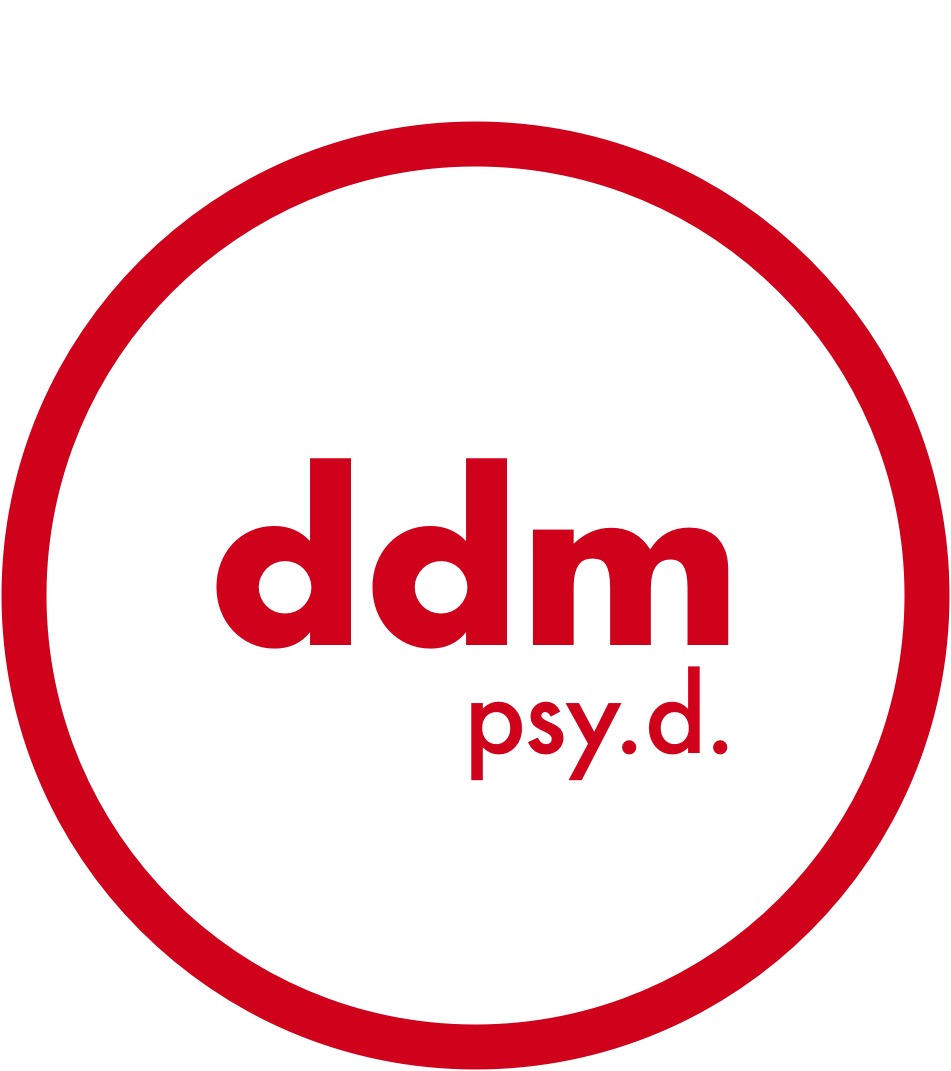We’ve reached the time in the midterm election season where all we can do is wait. We’ve spent ourselves, in these past months, working to ensure our desired results and now we find ourselves spun up, over-stimulated, exhausted, and frazzled. And now, we must wait. It’s tempting to stay tethered to our phones, to click on the next news alert, to get into another argument on Facebook. It makes us feel like we’re doing something if we keep checking in.
The problem is that doing something is really not doing anything to bring us to a place of calm and steadiness after what has been a veritable storm, and we need both now. This is the trouble with our 24/7 plugged in reality. We’ve practiced keeping our finger on the pulse of everything election related via our many devices and digital platforms but, at the end of the day, we must now wait and waiting is something we’ve rarely, if ever, practiced at all. The plugged-in lifestyle has made waiting a foreign concept to many of us. This may feel like progress, but as a psychologist who has studied the effect of technology on mental health for two decades I know there is another side to it. Knowing how to wait well is a skill that could save our lives. Research tells us that boredom tolerance and healthy coping skills in times of anxiety (both akin to waiting) are highly associated with life satisfaction, creativity, and health. Further, being capable of waiting allows us to be comfortable in the awkwardness and discomfort that life often hands us. When we are able to be centered and calm within ourselves in the in-between times of life, we become capable of handling all manner of experience.
Waiting, or the ability to pause, must, in today’s economy, be a self-taught skill. Rarely do our lives force us to wait in healthy ways. Instead we fill up opportunities to pause with constant scrolling and streaming and all manner of activity. Waiting in line without looking at our phones? Never. Pausing to fully wake up and greet the day before rolling over to grab our devices in bed? Not so much. In earlier eras waiting was foisted upon us, and while we need to be careful about lapsing into nostalgia, this presented daily opportunities to slow down, be with discomfort, and cultivate self-soothing skills.
Waiting is hard. It’s acknowledging the limits of our control and being reminded of the unknown: experiences that most American’s avoid at all cost. Waiting is gut-wrenching and exhausting and full of nothing-you-can-do-about-it realities. Most of us hate it and many of us avoid it by pretending it doesn’t exist. We compulsively keep ourselves in action mode, unconsciously believing that checking news updates and staying fully immersed in non-stop information gathering keeps us active and, somehow, in control. It does not. This avoidance activity only adds to our anxiety. The good news is that we can choose better coping skills, we don’t have to be captive to our screens, even though the lure of them is powerful.
To that end, why not take today to power our phones all the way off? Given what we’ve gone through it can only help to direct our attention to our own well being for just this one day, to turn away from the news, and to find some grounding. There is much to be gained from a long walk or bath, from reading a novel that has nothing to do with politics, from staring at the clouds or savoring a meal without a screen nearby. What about standing barefoot, on the ground, and forcing our selves to find ten things to be grateful for? Or twenty? How about listening to uplifting music and letting it seep into us or finding something beautiful to gaze at for awhile? Whatever technology-free, news-absent experience refills your cup, today, after voting, is the day to indulge it and to inspire others to do the same.
We’ve worked hard these past few months. We’ve educated ourselves and helped others do the same. We’ve used that knowledge to get out the vote. Now, I believe, it’s time to get off our devices and give ourselves a bit of breathing time before whatever happens happens. Regardless of what that is, we are going to need to wake up on November 7th and keep going. To do that, we all need a collective deep breath, a slowing down, and a centering within the depths of our beings. The health of our country and relationships depend upon us and our care must begin with ourselves. Whatever is to come, we will benefit by being healthy enough to live into it.
Doreen Dodgen-Magee, Psy.D is a psychologist who specializes in helping people live balanced lives in the digital age, and the author of Deviced! Balancing Life and Technology in the Digital World.

